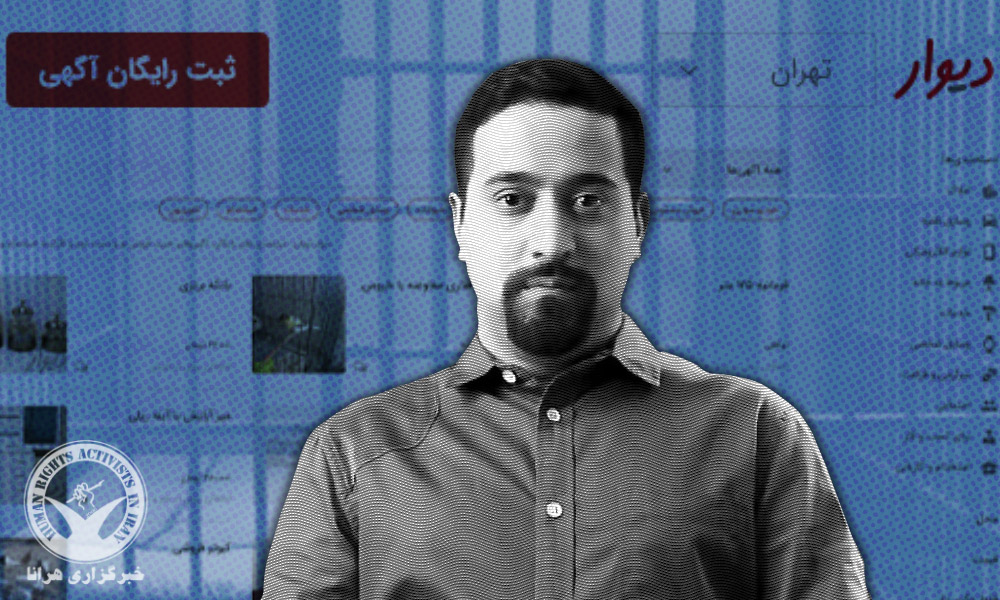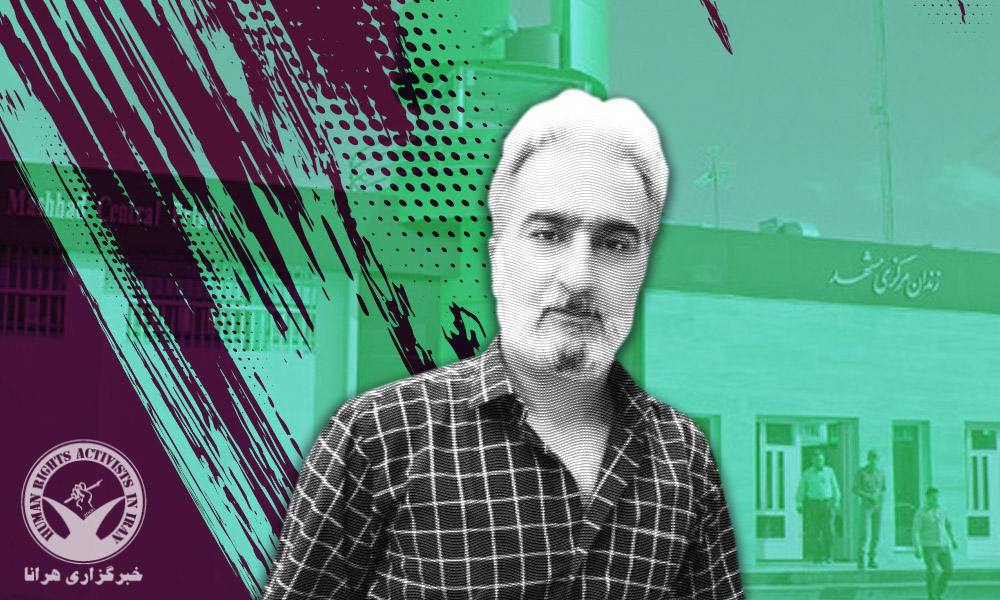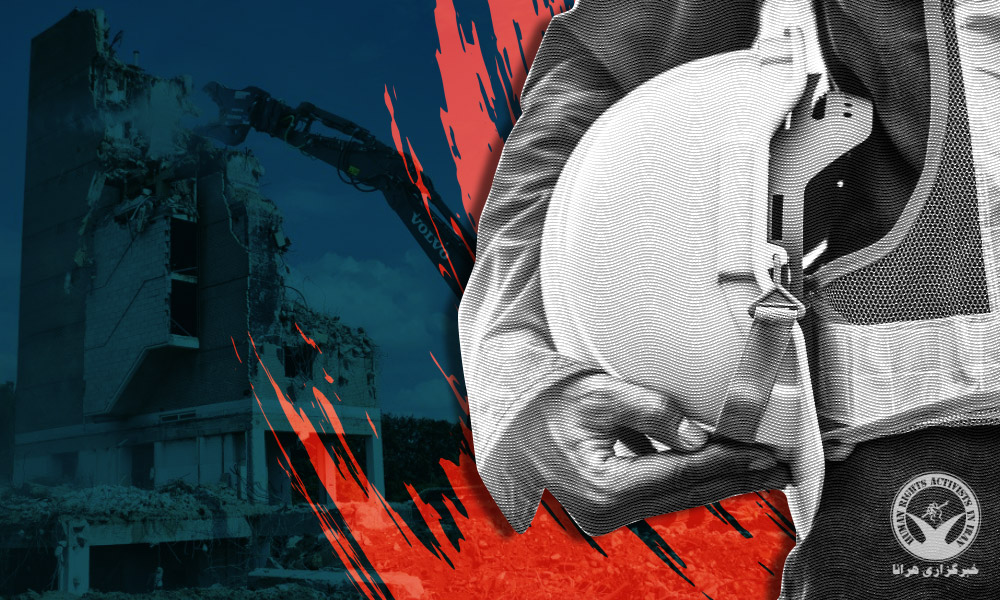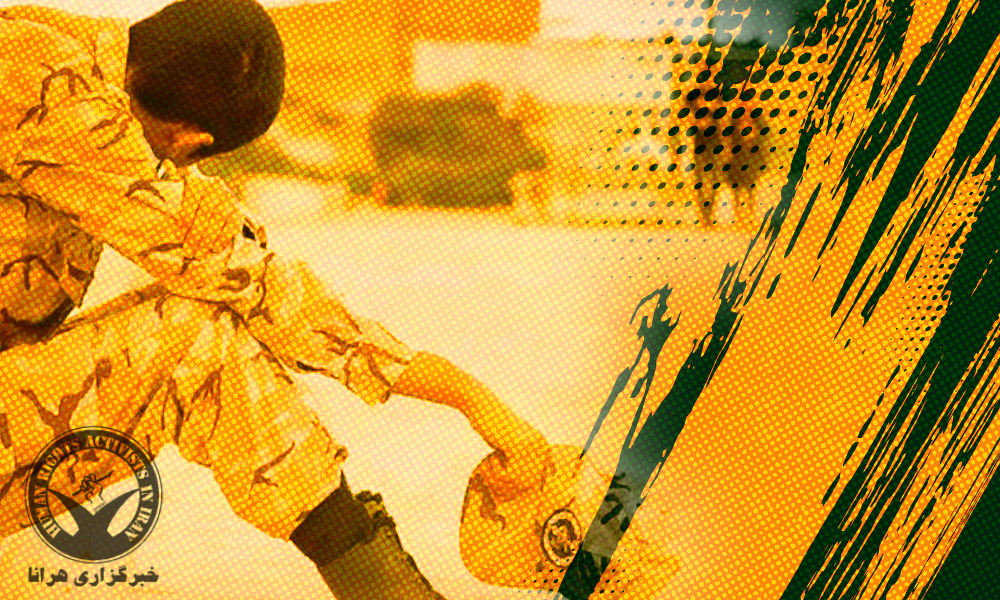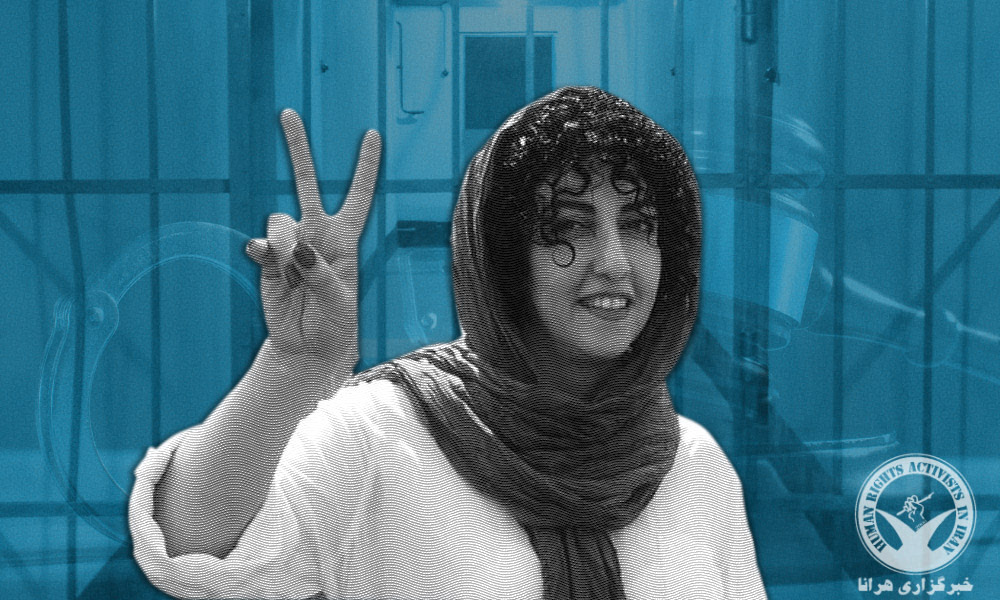On Tuesday, November 23, security forces raided and searched Baha’i citizen Pedram Abhar’s house in Tehran. On November 21, security forces arrested Pedram Abhar at his father’s home in Shiraz.
According to HRANA, the news agency of Human Rights Activists, at the time of arrest, they also searched the house and confiscated several family belongings such as identity cards, passports, cell phones, pictures and books related to the Baha’i faith. While Baha’i citizen, Pedram Abahar is still in detention in an unidentified detention center, his house in Tehran was searched by security forces again on Tuesday.
“On Sunday morning, November 21, at 10 am., Mr. Abhar departed from Shiraz to Bushehr,” an informed source told HRANA. “While he was at a rest stop on the road, he was surrounded by three cars. They arrested and transferred him back to his parents’ home in Shiraz. About 13 security agents searched the house. Yesterday, his parents went to the courthouse to find out about their son. However, they did not get an answer. Finally, this morning, Mr. Abhar was allowed to make a short call to his parent.”
Regarding this report, HRA Senior Advocacy Coordinator Skylar Thompson stated that HRA strongly condemned these discriminatory acts against religious minorities in Iran. She asked that the regime take action to ensure Iranian people, and Bahai’s citizens in particular, are entitled to the freedom of religion and can perform their religious acts freely.
According to unofficial sources, it is estimated that more than 300,000 Baha’is live in Iran, but the Iranian constitution recognizes only Islam, Christianity, Judaism, and Zoroastrianism. Because their faith is not considered legitimate by authorities, the rights of Baha’is in Iran have been systematically violated for years.
This deprivation of the freedom to practice their religion is a breach of Article 18 of the Universal Declaration of Human Rights and Article 18 of the International Covenant on Civil and Political Rights. The United Nations covenant holds that every person has the right to freedom of religion, freedom of converting religion, as well as freedom of expression, individually or collectively; openly or secretly.
The reason for Abhar’s arrest, the charges against him, the security institution responsible for the arrest, and the detainee’s whereabouts are all unknown as of this writing.



